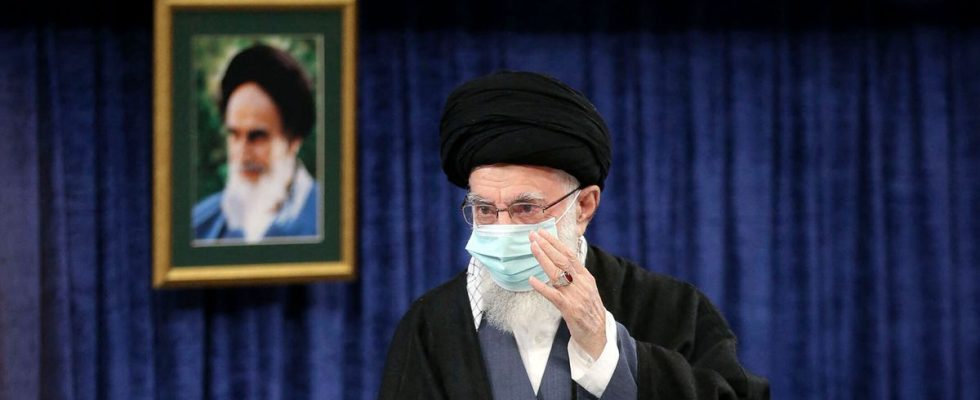The death penalty as a tool of “intimidation” in Iran. This is the analysis made by the NGOs Iran human rights (IHR) and Together against the death penalty (ECPM) by revealing a massive increase in executions in the country shaken by demonstrations since September. In 2022, these executions increased by 75% with 582 hangings, according to these two human rights organizations.
The Iranian authorities have violently repressed the protest movement, with four hangings directly linked to it, provoking condemnations abroad. The figure of at least 582 executions is the highest in the Islamic Republic since 2015, after a total of 333 executions in 2021.
“Death Machine”
The death penalty has been “once again used as an ultimate tool of intimidation and oppression by the Iranian regime in order to maintain the stability of its power”, say these NGOs in a joint report published Thursday. . “In order to instil fear among the population and the protesting youth, the authorities have intensified the executions of prisoners convicted for reasons other than political ones”, specifies the director of IHR, Mahmood Amiry Moghaddam.
“To stop the death machine put in place by the Iranian regime, the international community and civil society, whether there or not, must actively show their opposition each time a person is executed in the country,” he insists. The report also claims that around 100 detainees are currently either on death row or on trial for capital charges.
Drug trafficking on the front line
According to these same sources, the number of convictions in drug trafficking cases has increased sharply, while their decline, linked to an amendment in 2017 to the law on narcotics trafficking, had led to a significant slowdown in the statistics until 2021. More than half of those executed after the protests began, and 44% of executions recorded in 2022, were drug-related. That is double the figures for 2021 and ten times those for 2020.
The authors of the report denounce in this regard the passivity of the United Nations Office on Drugs and Crime (UNODC). “The lack of response from UNODC and its affiliated countries sends the wrong message to the Iranian authorities. The abolition of the death penalty for crimes related to drug trafficking must be set as an essential condition for future cooperation between UNODC and Iran,” said ECPM director Raphaël Chenuil-Hazan.
Disproportion among minorities
According to the report, members of the Baloch minority, mainly Sunni, represent 30% of the executions while they account for only 2 to 6% of the national population. Such a disproportion is also noted among the Kurdish and Arab minorities.
The death penalty is “a means of pressure and, more broadly, a repressive lever to manage the social problems of the country”, estimates the report, according to which 288 executions, 49% of the total, were justified by cases of murder, the highest figure for 15 years. Two people, including protester Majidreza Rahnavard, were hanged in public, the statement said. At least three people executed were minors and 16 were women.

